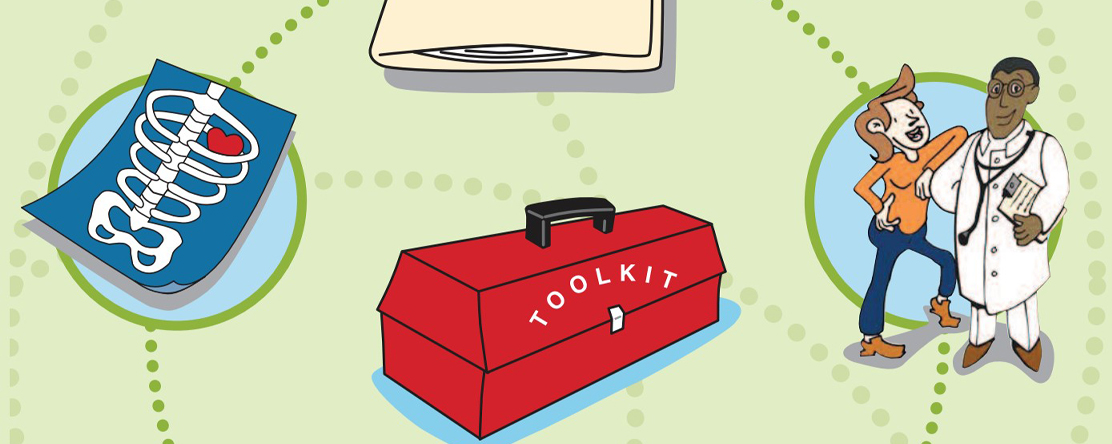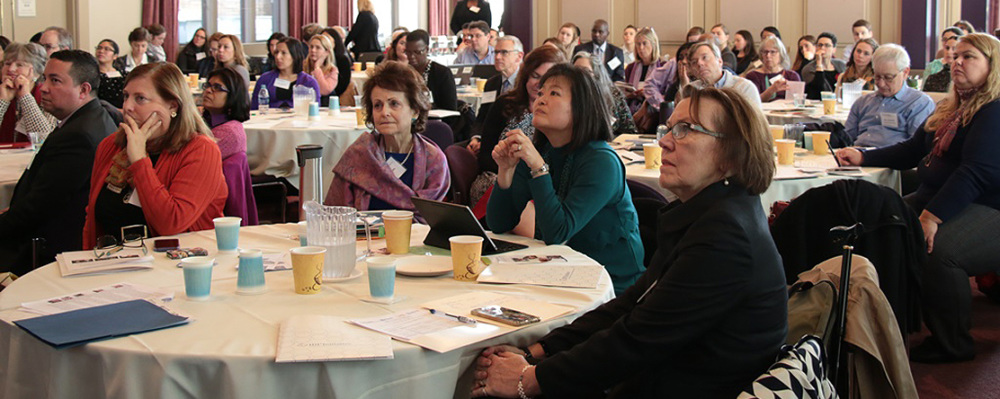
Understanding Confidentiality and Minor Consent in California: An Adolescent Provider Toolkit
- Duplessis V, Goldstein S and Newlan S
-
Focus Areas
Alcohol, Tobacco, Drugs & Mental Health, Capacity Building & Leadership, Healthy Communities, Women, Youth & Children -
Issues
Reproductive & Sexual Health -
Expertise
Technical Assistance -
Programs
California Adolescent Health Collaborative

 During adolescence, youth confront new issues that affect their physical, reproductive, and mental health. At the same time, establishing autonomy is one of their most vital developmental tasks. As they face these changes, teens crave increased privacy and opportunities to make health-related decisions.
During adolescence, youth confront new issues that affect their physical, reproductive, and mental health. At the same time, establishing autonomy is one of their most vital developmental tasks. As they face these changes, teens crave increased privacy and opportunities to make health-related decisions.
This is an appropriate element of healthy development, which, if supported by involved parents and clinicians, can provide an important opportunity for maturation and independence. Youth list concerns about confidentiality as the number one reason they might forgo medical care.
Get started with the second revised edition of Understanding Confidentiality and Minor Consent in California, a module of the Adolescent Provider Toolkit series, produced jointly by the Adolescent Health Working Group and PHI’s California Adolescent Health Collaborative.
Youth need assurances of privacy and confidentiality with their healthcare providers. However, providers indicate that they are mystified and confused by the various confidentiality and minor consent laws, as well as their child abuse reporting responsibilities. This module, compiled by a multidisciplinary group of health care providers, lawyers, health educators, social workers, with important input from parents and youth, strives to clarify these issues.
Designed for busy providers, the new Understanding Confidentiality and Minor Consent in California Module includes materials that you are free to copy and distribute to your adolescent patients and their families, or to hang in waiting and exam rooms.
|
This module includes:
|
Updates and additions in this new edition include:
|
An interactive live training is also available to integrate the use of the module into clinical practice. Our evaluation data indicates that those who utilize our trainings find the materials richer, more salient, and are more likely to feel confident responding to minor consent and confidentiality concerns in their work with teens. If you have questions regarding the Toolkit or its accompanying training and resources; please call the California Adolescent Health Collaborative at (510)285-5712 or Adolescent Health Working Group at (415)554-8429.
About the Toolkit Authors
The Adolescent Health Working Group (AHWG) was formed in 1996 by a group of adolescent health providers and youth advocates concerned about the lack of ageappropriate health services in the city of San Francisco. Today, the AHWG remains the only group if its kind in San Francisco. The AHWG’s vision is that all youth have unimpeded access to high quality, culturally competent, youth friendly health services. The AHWG’s mission is to support and strengthen the network of providers working to improve adolescent health. The AHWG’s works to fulfill its vision and mission through the following core functions: 1) develop tools and trainings that increase providers’ capacity to effectively serve youth, 2) advocate for policies that increase access to health insurance and comprehensive care, 3) convene stakeholders and coordinate linkages across systems to improve information sharing, networking and referral for youth services.
California Adolescent Health Collaborative (CAHC), a project of The Public Health Institute, is a public-private statewide collaborative with the goal of increasing understanding and support for adolescent health and wellness in California. CAHC’s vision is that adolescents and young adults from all California communities are living healthy lives and pursuing positive life options with resources, support, and opportunities from families, communities, schools, and service systems. Core functions include: 1) curriculum development, training, and technical assistance to strengthen the capacity of providers and systems; 2) publications to increase awareness of providers and policymakers and improve policy and practice; 3) advocacy to keep the health and well being of adolescents central to public debate and decision-making; and 4) collaborative development to strengthen partnerships between different disciplines through a common commitment to adolescent health. Learn more.
Work With Us
You change the world. We do the rest. Explore fiscal sponsorship at PHI.
Support Us
Together, we can accelerate our response to public health’s most critical issues.
Find Employment
Begin your career at the Public Health Institute.


